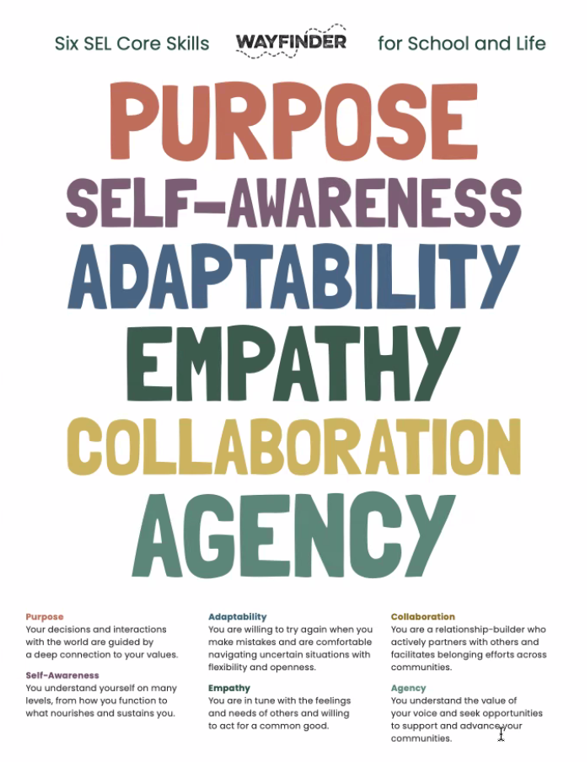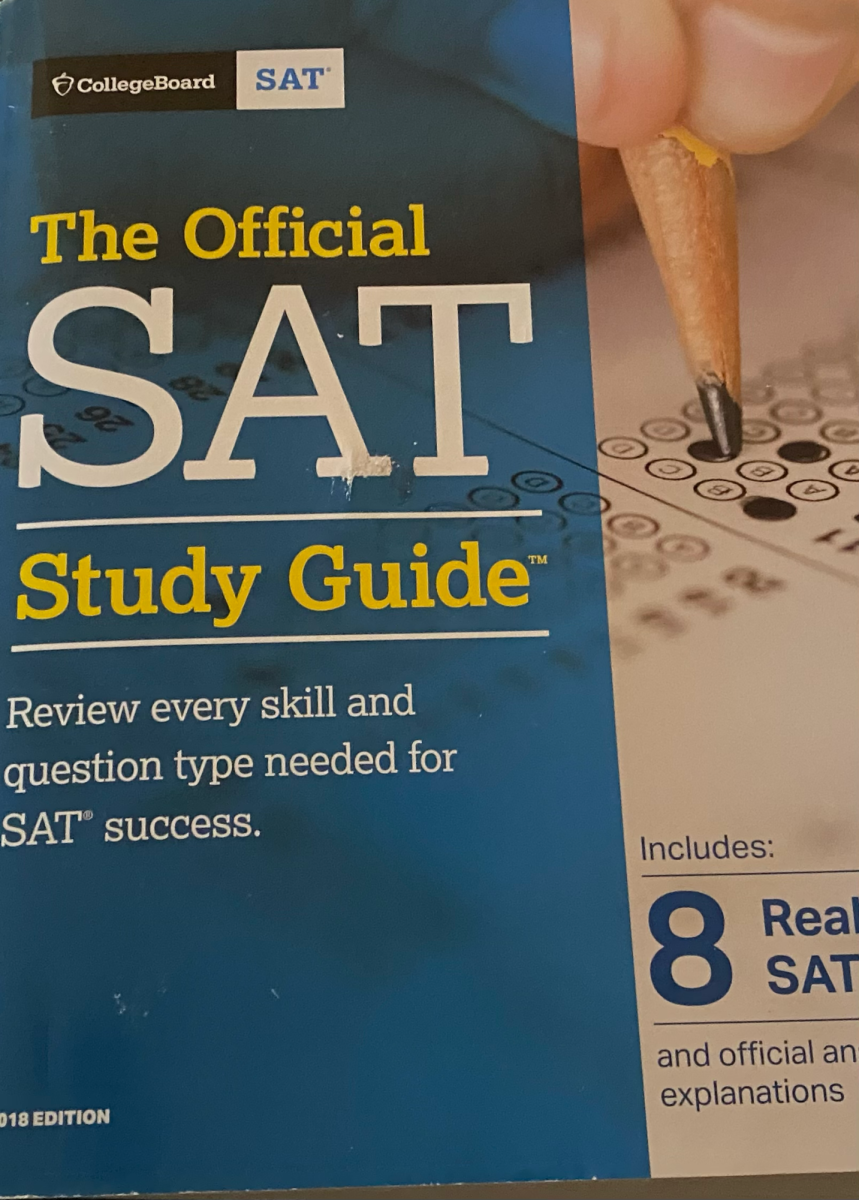As more U.S. colleges and universities embrace test-optional or test-blind admissions policies for the SAT, high school students all over the country have begun to accept the SAT as a bygone component of college applications. These schools’ policies, moreover, are an especially heartening development for critics of the SAT who object to the test’s perceived unfairness and promotion of inequity. However, students dismissing or criticizing the SAT overlook its enduring value for college applications—especially in an era when other elements of college-bound students’ applications are increasingly losing their value.
Indeed, high school GPAs, the part of a college applicant’s profile that would supersede the SAT in its elimination, have become increasingly ineffective at distinguishing academically worthy high school students. In fact, a study conducted by the College Board found that from 1998 to 2016, the average high school GPA in the U.S. rose from 3.27 to 3.38 so that 39% of high school students in the class of 1998 graduated with an “A” average compared to 47% of those in the class of 2016. However, despite these gains, it was found that America’s average SAT score declined by 24 points in this same period, and that in spite of climbing GPAs and increasing rigor in coursework, student performance on National Assessment of Educational Progress (NAEP) examinations—considered “the nation’s report card”—between 2009 and 2019 remained unchanged in science and worsened in math.
Importantly, this failure of improving GPAs to coincide with increasing exam scores highlights a growing problem in high schools across the country: grade inflation. As high school students are increasingly awarded high GPAs despite declining test scores, an objective evaluation of merit preserved from inflation, high school GPAs increasingly fail to reflect true academic merit and become more and more ineffective at separating academically distinguished students from their peers. In this way, SAT scores become a particularly vital tool to sort out the more academically impressive, obscured by an increasingly available high school GPA, and provide insight into the academic qualifications of students—emphasizing the need to keep the SAT as a component in applications.
Moreover, the College Board’s study found that affluent school districts disproportionately reap the benefits of grade inflation: it was found that, in suburban public high schools, GPAs rose 8% between 1998 and 2016–a development little reflected in urban counterparts’ nearly stagnant GPAs. This finding is reflected in data obtained by the Fordham Institute; according to the think tank, grade inflation was more prevalent in schools attended by an affluent student body compared to those attended by lower-income students. In this respect, the elimination of the SAT in college admissions decisions, contrary to intention, improves wealthier students’ admissions prospects at the expense of their less privileged counterparts.
Furthermore, eliminating the SAT would only emphasize other aspects of a college application greatly influenced by wealth and privilege, such as access to extracurricular opportunities and internships. In fact, recent research finds that wealthy college applicants’ advantages in the admission process are in great part attributable to significantly greater access to extracurricular and volunteer opportunities.
At the same time, though, the research suggests that maintaining the SAT may be a promising means of reducing this advantage and diversifying the socioeconomic composition of student bodies. This would be a viable option as well; as the SAT has been demonstrated to be a strong predictor of college and post-college success, colleges might admit more financially disadvantaged, SAT-excelling students without ramifications on the quality of their student bodies nor on graduates’ career prospects. Ultimately, the new research recommends the continuation of the SAT as its elimination would only propel the wealthy to even more unequal college achievement.
That being said, though the SAT holds value in offering true insight into students’ merit in an increasingly blurred and unevenly advantaged applicant pool, improvements can be made to make the SAT more equitable. For example, the College Board could strive to make SAT waivers more readily available to students for whom SAT costs are financially onerous, as well as publish more online, freely accessible SAT preparation material and make preparation material more available for underprivileged students. These measures could improve access to the test for financially disadvantaged students, a demographic already greatly underrepresented among test-taking students and whose likelihood of taking the SAT decreases the more financially distressed the student’s family. It would be a step towards facilitating access to an already-effective admissions tool and means for distinction for underprivileged students.









![[Book Review] Weapons of Math Destruction: The insidious danger of Big Data](https://thedublinshield.com/wp-content/uploads/2024/06/wmdsarticle-727x1200.jpg)
















